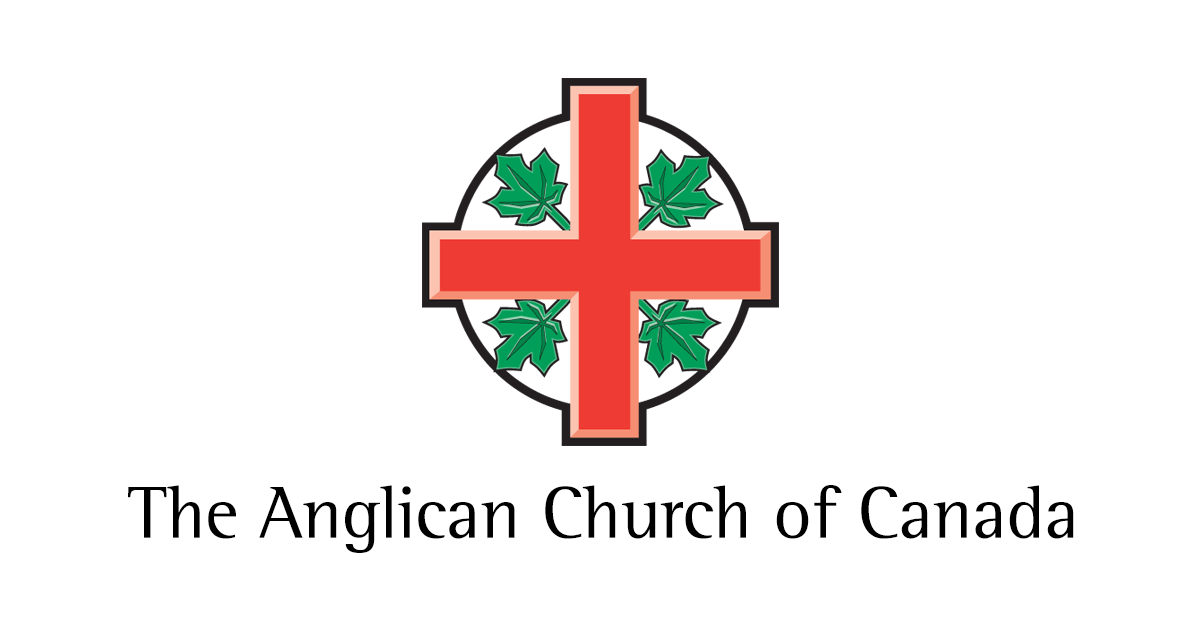Today, the Church remembers how Mary of Nazareth was visited by an angel and told she would conceive and bear a son and call him Jesus. Today, we recall her life’s vocation as the Mother of our Lord. She knows all the joys and worries, all the delights and fears that every mother (and father) faces in raising their children, seeing them leave home and strike out on their own. She knows the joy of giving birth and the awful pain of watching her son die. Christian art often portrays her receiving and holding his dead body with all the love she ever had for him. It’s a fitting image as we reflect on recent release of the Federal Government Report, “Invisible Women: A Call to Action”, a report on Missing and Murdered Indigenous Women in Canada.
The report highlights a number of harsh realities.
First, that “aboriginal women and girls are among the most vulnerable in Canadian society. They are three times more likely to be the target of violent victimization than non-aboriginal women and girls”. The rate of domestic violence targeting aboriginal women is at least twice what it is in the general public. Many aboriginal women are trafficked and exploited through the sex trade. The Native Women’s Association for Canada puts the number of known cases of missing or murdered aboriginal women and girls at 668 and indicates it could be as high as 800. These statistics are staggering and behind each one is a family in grief. For some there is consolation in being able to receive a body, to hold it with love and bury it with dignity. For others whose daughters are reported as missing with no trace for years, and in some cases not ever, there is no opportunity for closure. They live in the anguish of a hope continually pierced by despair.
- We request that in every place the Church uphold in its prayers all these murdered and missing women, and their families and their communities.
Second, the Report addresses the matter of protecting victims of violence and supporting their families, “many aboriginal women living on reserve and in rural or isolated communities have no safe place to go when they need it.” It goes on to say that there is “an urgent need to increase the number of shelters and second stage housing”. The lack of a continuous police presence in many indigenous communities exacerbates protection services. For the families of victims there is a need for well trained liaison officers who can keep families better informed through clear policies and practices with respect to transmittal of information.
- We fully endorse the recommendation that the Federal Government engage First Nations communities in examining how to improve support for shelters and front line services on reserves for victims of violence.”
Third, the Report highlights “the silence that is part of the on-going trend of mainstream society with respect to aboriginal people”. For them it feels like “they don’t count”. They are “invisible”. This silence “joins the resounding silence of the other tragedies which aboriginal people have lived through at the hands of other Canadians – the residential school system, the large scale removal of Aboriginal children from their families in the 1960’s and the on-going marginalization and racism” that is sadly still an ugly thread in the fabric of Canadian society.
- We pledge our best efforts to break this silence.
- We call our Church to be unwavering in its commitment to anti-racism training initiatives.
- We endorse the call for a nation wide public awareness and prevention campaign focussing on violence against aboriginal women and girls in Canada. We must address the root causes of such violence including high rates of unemployment, poverty, substance abuse and domestic violence. We must take action in reversing these horrible trends and their horrific statistics over the last twenty-five years.
- We request that the recently established Primate’s Commission on Discovery, Reconciliation, and Justice for Indigenous Peoples read the report “Invisible Women: A Call to Action” and comment on ways by which the Church ought to respond to this call.
Finally, we are acutely aware that, for many, the Government Report falls short of completing the circle of concern, especially in the lack of a comprehensive national inquiry. We recognize that there is an urgent need for the development of a broad and diverse community of concern regarding the Missing and Murdered Indigenous Women in Canada. While grateful for the recommendations in the Report, we believe that the Government should endeavor to facilitate this multi-member community of concern. A recognized Canada-wide inquiry could be a critical element of making this community.
Today the Church sings
“Joyful mother, full of gladness
in thine arms thy Lord was borne.
Mournful Mother full of sadness
All thy heart with pain was torn…”
May she, whose own soul was pierced with grief (Luke 1:35) draw near to all who mourn their children murdered or missing.
May she, whose own soul sang a song of divine mercy and justice (Luke 1:46-55) draw near to all who are eager to meet the hope of new beginnings.
The full Federal Government Report “Invisible Women: A Call to Action” may be found online.
Interested in keeping up-to-date on news, opinion, events and resources from the Anglican Church of Canada? Sign up for our email alerts .

